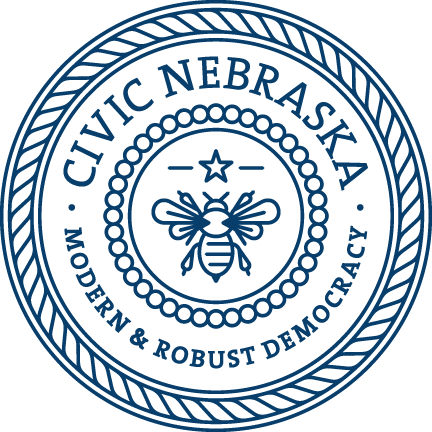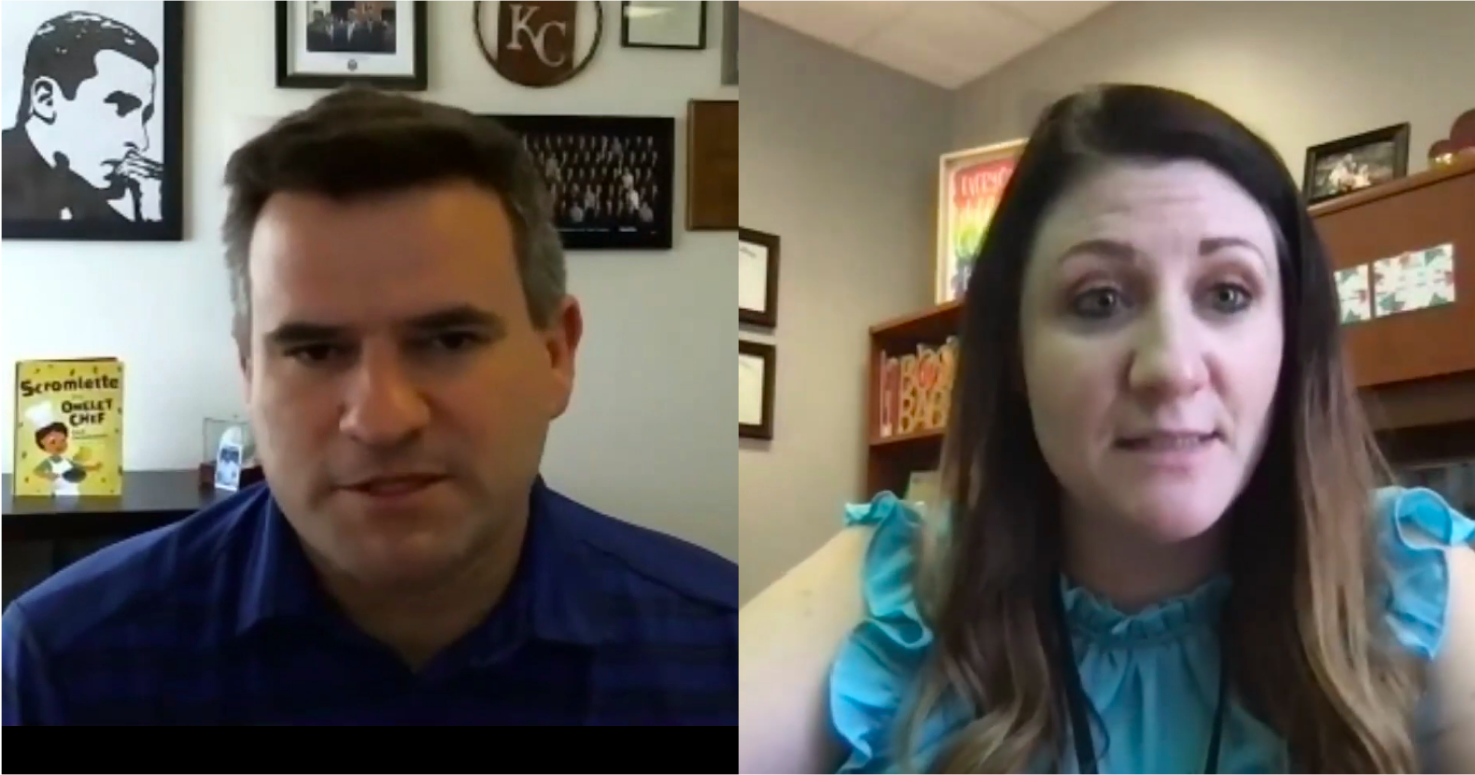Erica Kobza and Brent Cudly- Together 4 Fremont
Founded by two educators in Fremont Public Schools, Together 4 Fremont seeks to make Fremont a place where all feel they belong. For Brent Cudly and Erica Kobza, naming their values gave them traction on this mission and began the work of building bridges and understanding in their community.
George Floyd’s murder and events in Fremont in June 2020 spurred Brent and Erica into action, and they quickly named their core values of anti-racism, inclusion, equity, and access. Since then, Together 4 Fremont has hosted 17 “Together Talks”, featuring former English Language Learning students and other experts, and have also sought to address needs of food and clothing insecurity and access to extracurricular opportunities in Fremont Public Schools.
Connection is the first step to belonging
Brent and Erica see building connections as the foundation of meeting needs for students and families. As educators, Brent and Erica know that how a student does in school is influenced by a lot of factors that happen after the school day ends, and a social connection is the first step to understanding those factors and the resulting needs.
The primary need Together 4 Fremont seeks to address is that all students and staff feel they belong. “People have aspects of their life that make things harder- whether it’s who you love, or your religious identity or your race or your income level, so inclusivity is important and I want to know what those things are that makes them feel like they don’t belong- and I want to know can I help to remove those barriers,” said Kobza.
Their Together Talks and community work has led to deeper understanding of the experiences of students in the school system and shed light on how to better meet their needs. For example, Kobza said that knowing a student works through the night to support their family can help her understand why a student might have trouble with tardiness and ask the right questions to support the student.
Access is essential to inclusivity
Both Brent and Erica emphasize the importance of access to inclusivity. When summer school was cancelled due to Covid-19 in 2020, access to the free meals that were offered became a challenge, especially for those who had difficulties with transportation. Together 4 Fremont used their bridging connections as channels for accessibility, connecting over 70 volunteers and 100 students’ families to free summer meals. Transportation, translated materials, and cultural differences are ongoing challenges of access that pose barriers to inclusivity in afterschool programs and extracurricular activities that Together 4 Fremont has tried to address. “We just had to put ourselves out there, see if we can help.”
State your values
When Erica and Brent think about how they set the stage for building connections, they both will tell you it started for them by stating their values out loud and then asking, “who else values what we do?”
“Once we stated our values in a public way, we were able to connect with many people with a common vision of what Fremont could become,” Cudly said.
Stating their values and sharing them with others, notably through an early poster campaign, made Together 4 Fremont visible to attract other like-minded people. It has also helped connect Together 4 Fremont to other organizations and resources in Fremont, which Brent and Erica are able to pass along to their students.
Take the first step
Erica says that those wanting to get involved in bridging connections in their community should just jump in. She says even small steps like connecting with someone of a different background, volunteering for an event, or reading a book with a friend may lead to meaningful change.
“You won’t regret getting to know people in the community and learning from the experiences of others,” said Kobza.
Brent says community members can help Together 4 Fremont by educating, advocating, and acting around their four core values, donating to the high school student pantry, called the “Hub”, and helping two high school students develop the Multicultural Inclusion Center.

